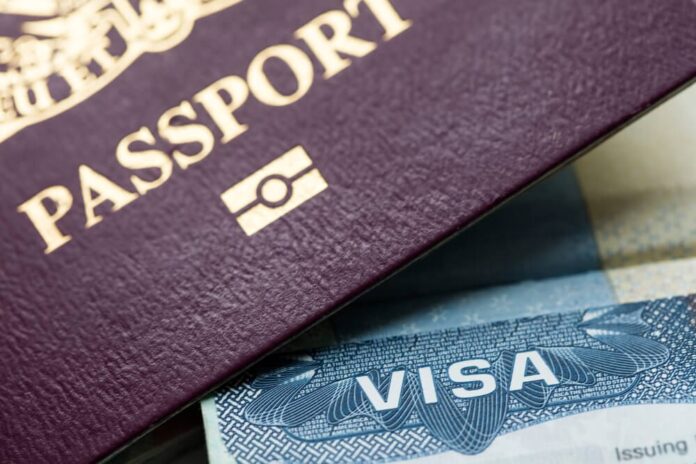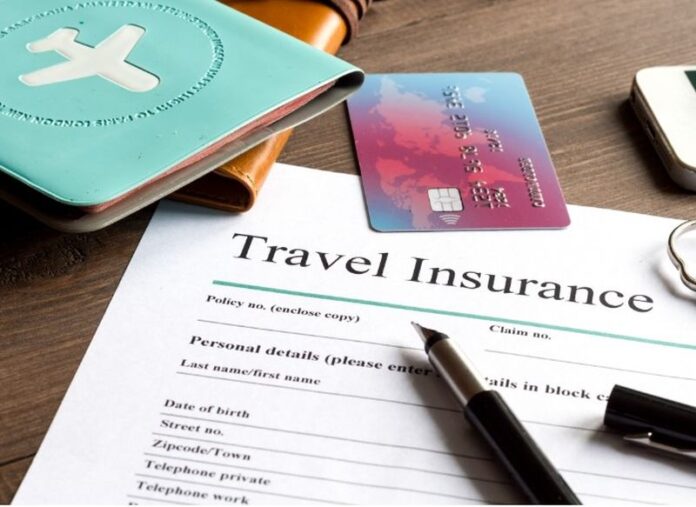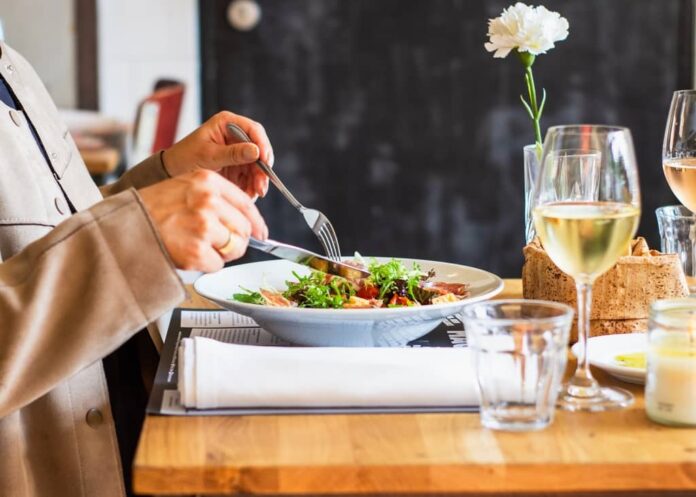Spain is both a vibrant and captivating country in the heart of Europe. Every year, it attracts thousands of travelers with its rich history, diverse culture, and breathtaking landscapes. There are many tourist attractions in Spain ranging from the bustling streets of Barcelona to the sun-soaked beaches of the Costa del Sol.
However, before you embark on your Spanish visit, it’s crucial to make sure you have a few essential things in order to ensure a seamless and unforgettable journey. Fortunately, that’s what we are going to make easy for you.
In this comprehensive pre-travel checklist, we’ll highlight five crucial things that should be on your list before you set out on a journey to Spain. Read on to find out.
1. Passport and Visa

Before you go on to book your flight to Spain, ensure that your passport is valid for at least six months beyond your planned departure date. Depending on your nationality, you may also need to obtain a visa before traveling to Spain.
So, make sure to check the visa requirements and apply well in advance if necessary. For example, if you are traveling from Australia to Spain, you will need to have a visit visa to visit Spain, even if you are visiting for a very short period.
2. Local Sim Cards
Having a local SIM card can greatly enhance your travel experience by providing you with a reliable and cost-effective means of communication while in Spain. That’s why it is advised to have Spain SIM cards with you before you book your flight.
Suppose you are traveling from Australia to Spain, you can discover the best prepaid SIM card for Spain at SimCorner to have a Spanish phone number. This will make it easier for you to stay connected with locals and your loved ones at home, make domestic calls, and access data services at local rates.
It’s particularly useful if you plan to stay in Spain for an extended period or if you rely heavily on internet connectivity for navigation, communication, or sharing your travel experiences with friends and family back home.
3. Travel Insurance

It’s highly recommended to have travel insurance to prevent yourself from unforeseen circumstances. Opt for a travel insurance provider that covers medical emergencies, trip cancellations, lost belongings, and other unforeseen circumstances, like credit card frauds.
The best approach is to review different insurance options and select a policy that provides adequate coverage for your needs.
4. Accommodation and Transportation
Spain offers a wide range of accommodation options, from luxurious hotels to cozy guesthouses and budget-friendly hostels. So, we will advise you to book your accommodations in advance. This will ensure that you secure the best deals and availability, allowing you to focus on enjoying your time in Spain.
Additionally, consider planning your transportation within the country, whether it’s booking flights, reserving train tickets, or renting a car, to streamline your travel logistics. This way, you will be sure to have the best travel experience no matter which mode of transport you use.
5. Revising Spanish

While English is widely spoken in tourist areas, having some basic knowledge of Spanish will greatly enhance your travel experience. Explore language learning platforms such as Duolingo, Babbel, or Rosetta Stone to practise vocabulary, grammar, and pronunciation. Join language exchange communities or find a language partner to practise conversational Spanish. Download language apps like Memrise or FluentU for on-the-go learning and to improve your language skills during your trip.
6. Researching Local Customs and Etiquette
Understanding the local customs and etiquette of Spain will help you navigate social situations and show respect to the local culture. Learn common greetings such as “hola” (hello) and “gracias” (thank you). Spanish people often greet each other with a kiss on both cheeks, even in formal settings. Familiarise yourself with the Spanish dining etiquette, such as eating dinner late (around 9 or 10 PM) and leaving a small tip (around 5-10%). Be aware of the siesta tradition in Spain, where many businesses close for a few hours in the afternoon. Plan your activities and meal times accordingly.
7. Currency and Finances

To manage your finances smoothly during your trip, remember that the Euro is the local currency. Familiarise yourself with the current exchange rate and consider exchanging some currency before your departure or upon arrival in Spain. Understand the common payment methods in Spain, such as credit cards (Visa and Mastercard are widely accepted) and carrying some cash for smaller establishments. Inform your bank of your travel plans to Spain to avoid any potential issues with your cards being blocked due to suspicious activity.
8. Planning Your Itinerary
To make the most of your time there, it’s important to plan your itinerary in advance. Research destinations and find the best places to visit. Spain offers a diverse range of attractions, from historical cities like Madrid and Barcelona to scenic coastal towns like Valencia and San Sebastian. Explore various destinations to decide which ones align with your interests.
Make a list of the top attractions and landmarks you want to visit in each destination. This will help you allocate time and plan your days effectively. Spain is a geographically large country, so take travel distances into account when planning your itinerary. Optimise your route to minimise travel time and make the most of your visit.
9. Inform Yourself on Local Cuisine and Dining Etiquette

One of the highlights of the country is undoubtedly its delectable cuisine. To fully appreciate and enjoy the local food culture, it’s essential to understand Spanish cuisine and dining etiquette. Spain is renowned for its tapas, small plates of various dishes, typically served with drinks. Embrace the concept of sharing and sampling a variety of flavours by indulging in tapas. In addition to tapas, don’t miss the opportunity to try traditional Spanish dishes like paella, jamón ibérico (Iberian ham), and tortilla española (Spanish omelette).
Summary
Visiting Spain is sure to be a memorable experience. Whether you are looking forward to the vibrant culture, delicious cuisine, stunning scenery or bustling cities – there will be plenty of things for everyone to discover and enjoy in this beautiful country. Before taking off, make sure you have all of your important paperwork in order so that you can have an enjoyable trip without any unnecessary stress or worry. By making use of these tips, your visit to Spain should go as smoothly as possible – leaving you with amazing memories that will last a lifetime!









